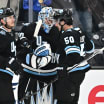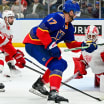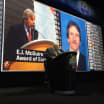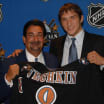Editor's note: The Stanley Cup turns 125 years old on March 18. To celebrate the historic anniversary, NHL.com talked to the players and coaches who dedicated their lives to winning the Stanley Cup, some succeeding, some failing, but all with incredible stories about their quest for hockey's ultimate prize.
MONTREAL -- As a boy growing up in Drummondville, Quebec, 60 miles northeast of the Montreal Forum, Yvan Cournoyer had an even bigger dream than winning the Stanley Cup.
Yvan Cournoyer won't forget one that got away
Canadiens legend looks back on 10 Stanley Cup championships, elusive 11th, as hockey's greatest prize turns 125
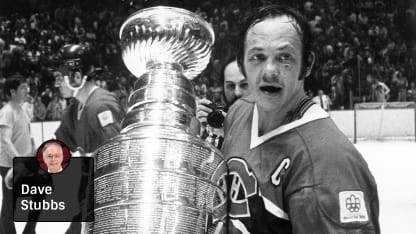
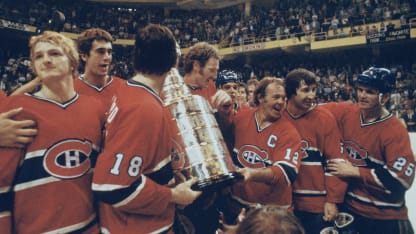
© Denis Brodeur/Getty Images
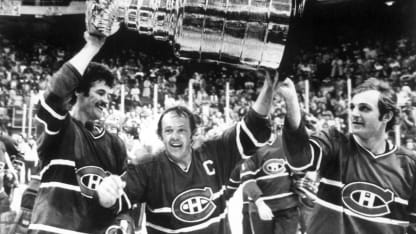
© B Bennett/Getty Images
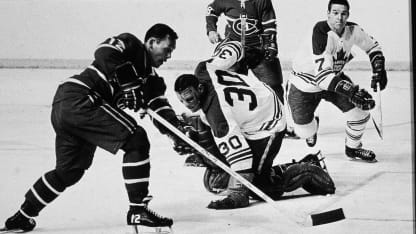
© Hulton Archive/Getty Images
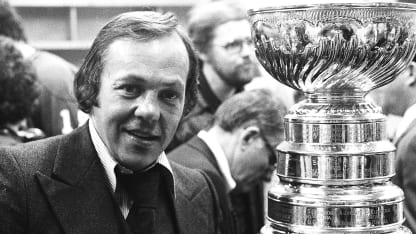
© Steve Babineau/Getty Images
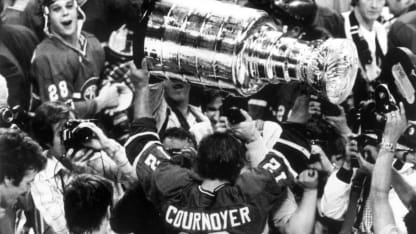
© B Bennett/Getty Images



